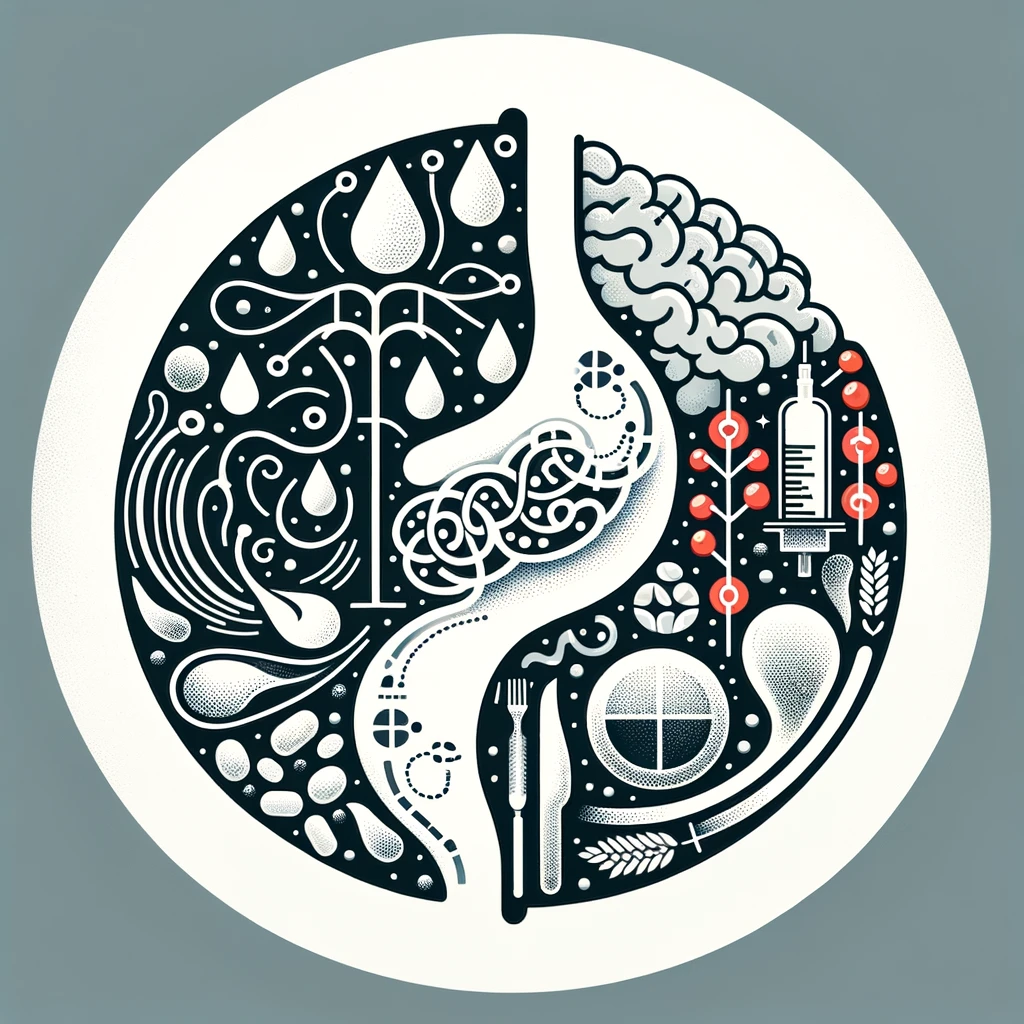Symptoms of diabetes include increased thirst, frequent urination, unexplained weight loss, fatigue, blurred vision, and slow wound healing. Early detection through monitoring these signs is crucial for timely management and prevention of complications.

Common Symptoms of Diabetes:
Common symptoms of diabetes can manifest subtly but are crucial indicators of potential issues with blood sugar regulation. Individuals with diabetes may experience increased thirst and hunger, often accompanied by frequent urination. Unexplained weight loss despite maintaining a regular diet can be another warning sign. Fatigue and a general sense of weakness might be present due to the body's inability to utilize Glucose for energy effectively. Blurred vision is also a common symptom resulting from changes in fluid levels within the eyes. Slow wound healing and frequent infections are additional concerns, as high blood sugar levels can compromise the immune system.
Diabetes Treatment Options:
Diabetes treatment involves a multifaceted approach tailored to the patient's specific type and individual needs. For Type 1 diabetes, which results from a lack of insulin production, the primary treatment is insulin therapy. Individuals typically administer insulin through injections or insulin pumps to regulate blood sugar levels. In Type 2 diabetes, lifestyle modifications are crucial. This involves following a nutritious diet, exercising consistently, and attaining and sustaining a healthy weight. Oral medicines might be recommended to improve insulin sensitivity or boost insulin production. Some persons with Type 2 diabetes may need insulin therapy as the condition advances. Other medications may be prescribed to address associated complications or risk factors, such as medications to control blood pressure or cholesterol levels.
Treatment for Diabetes at Home:
While the primary management of diabetes involves medical supervision, Individuals can integrate various crucial parts of treatment into their regular routines at home. An essential component is maintaining a balanced and nutritious diet, focusing on whole foods, fruits, vegetables, and whole grains while limiting the intake of processed foods, sugars, and unhealthy fats. Regular physical activity is essential; moderate exercise like walking can enhance insulin sensitivity and overall well-being. Home monitoring of blood sugar levels with glucometers enables patients to monitor their development and make informed decisions regarding their food and medication.
Consulting a Doctor or Specialist:
Consulting a doctor or specialist is essential for anyone dealing with diabetes or suspecting they may have the condition. Professional physician or an endocrinologist, a healthcare provider knows how to diagnose and develop a personalized treatment strategy according to the specific type and seriousness of diabetes. They can conduct necessary tests, such as blood sugar level assessments and A1c tests, to provide an accurate diagnosis. A doctor can guide patients on medication management and lifestyle adjustments and help set realistic health goals. Regular check-ups with healthcare professionals are crucial to monitor blood sugar levels, assess overall health, and make necessary adjustments to the treatment plan.
Medical Approaches to Reduce Diabetes:
Medical approaches to reduce diabetes primarily focus on managing blood sugar levels, improving insulin sensitivity, and preventing complications associated with the condition. For individuals with Type 1 diabetes, the cornerstone of treatment involves insulin therapy, which can be administered through injections or insulin pumps. In Type 2 diabetes, various oral medications may be prescribed to enhance insulin action, stimulate insulin production, or reduce glucose production by the liver. Individuals may sometimes require insulin therapy, particularly as the condition progresses. Newer medications with different mechanisms of action are continually being developed to provide additional options for diabetes management. Additionally, medications to control blood pressure and cholesterol levels may be prescribed to mitigate cardiovascular risks associated with diabetes.




